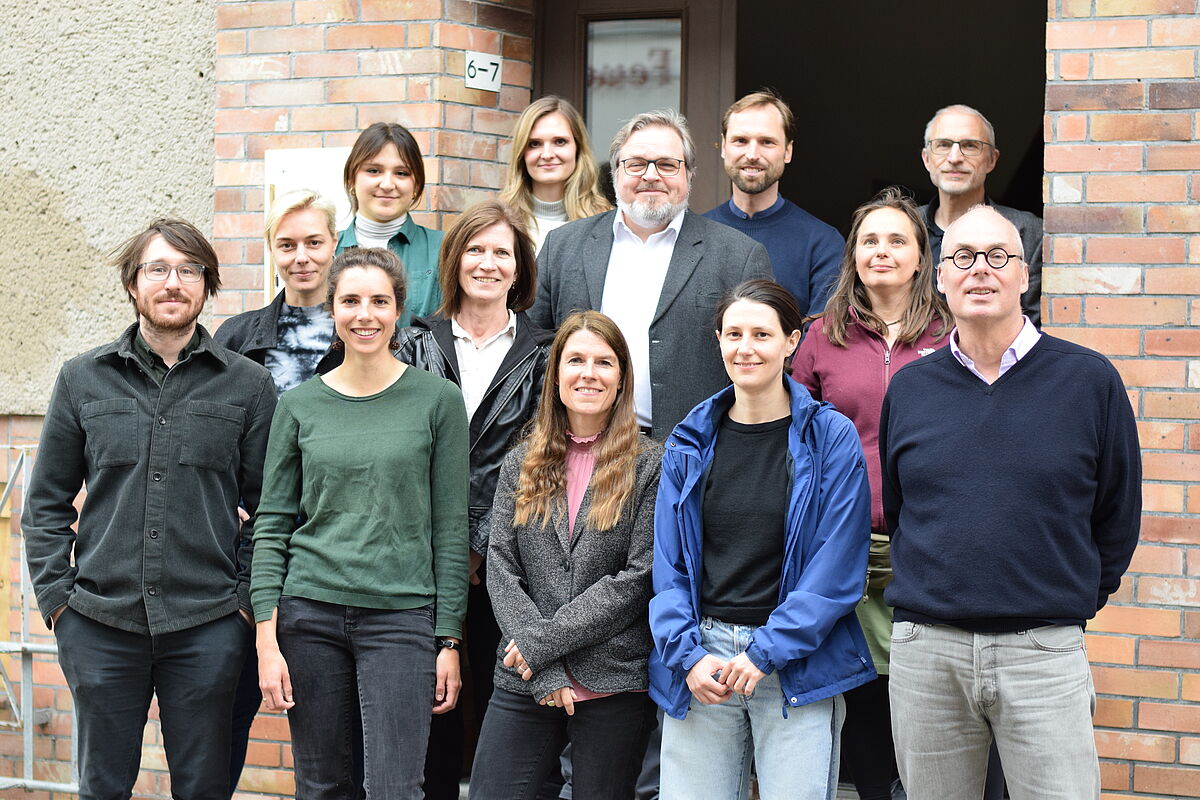Department of Philosophy
Baderstr. 6
17489 Greifswald
Managing Director
Prof. Dr. Allard Tamminga
Office
Ines Mielke
Room 2.07
Tel.: +49 3834 420 3450
Fax: +49 3834 420 3451
mielke-iuni-greifswaldde
What does it mean for something to be true, for something to be good, or for something to be beautiful? Philosophy aspires to find answers to these and other fundamental questions. Central to this is the systematic research of the concepts, methods and forms of knowledge with which we attempt to understand fundamental aspects of our natural and social world and orient ourselves within it. Philosophers want to know what these methods and forms of knowledge may achieve and what these concepts mean and how they relate to another. Studying philosophy therefore gives you the ability to think systematically about abstract questions, taking into account what others have already thought about these questions.
Philosophy can be studied at the University of Greifswald as part of five degree courses: as part of a two-subject BA degree course, as part of three teacher-training degree courses (secondary schools and primary school), and as an MA degree course in Philosophy. You can also study philosophy as a subsidiary subject as part of a teacher-training degree course or as part of a “General Studies” programme.
Research and teaching at the Department of Philosophy is divided into four sections: Practical Philosophy, Theoretical Philosophy, Aesthetics and Philosophy of Culture, and Didactics of Philosophy. A substantial part of the four sections’ research and teaching is on the History of Philosophy. In addition, a professorship for Environmental Ethics is co-opted to the department.
Current events
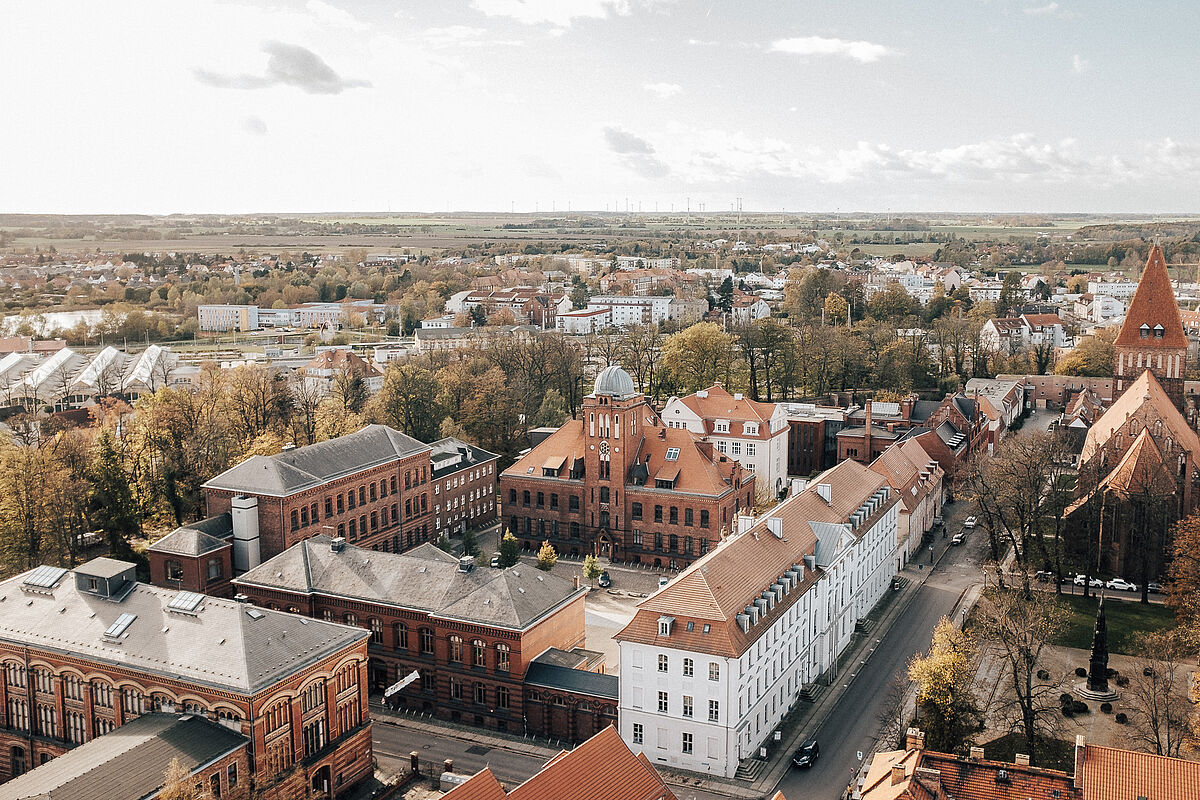
Courses on Offer
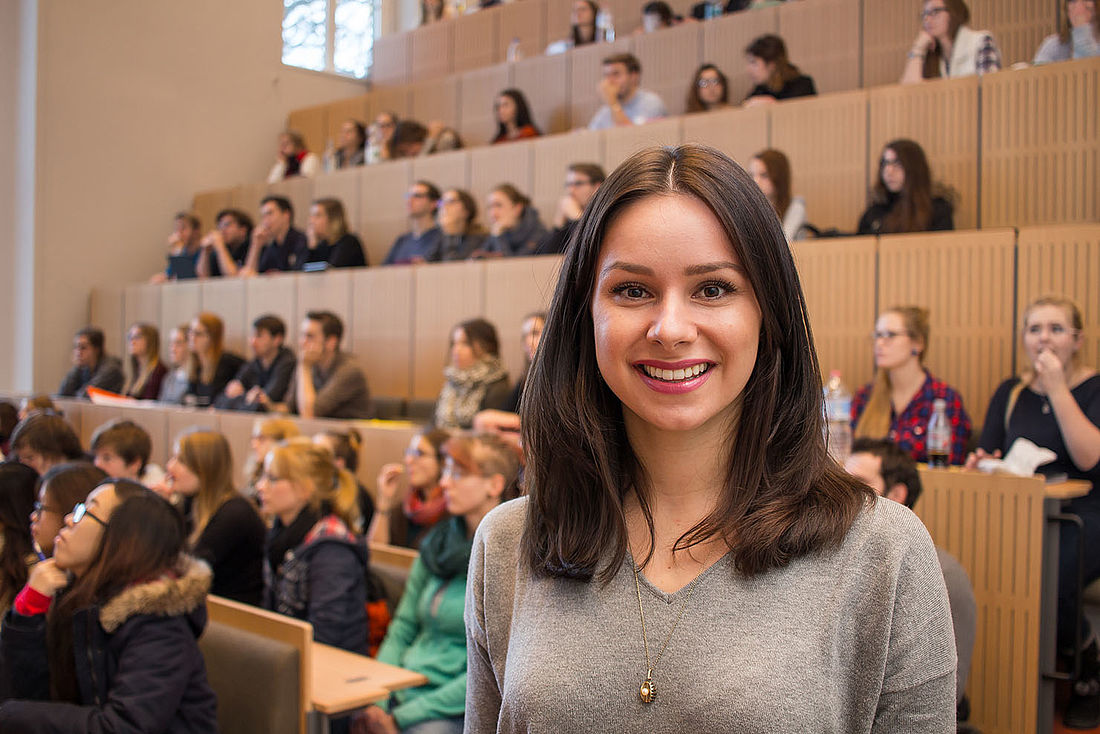
Course Timetable
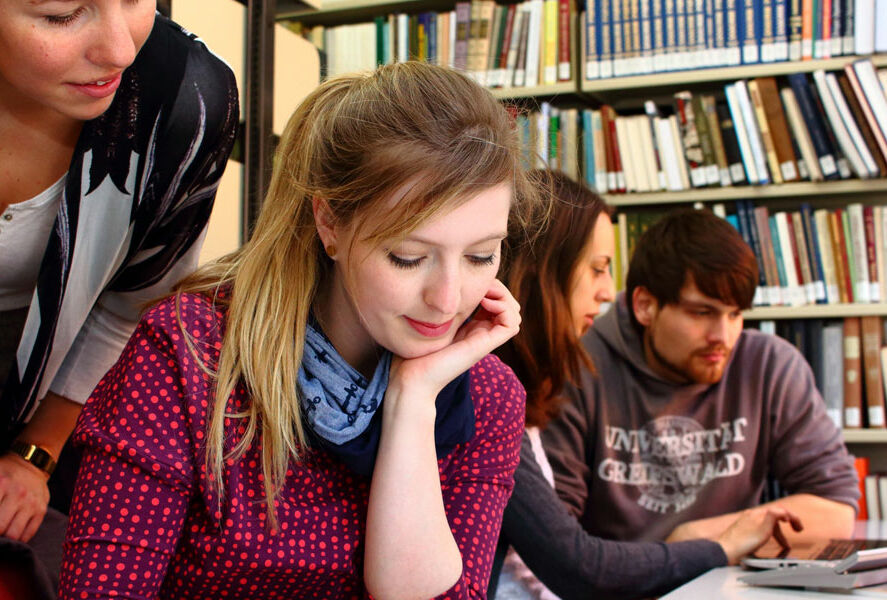
All of the important information for the semester and courses (lectures, seminars, tutorials, etc.) can be found in the annotated course timetable [de].
Enrol for courses via the self-service portal.
International
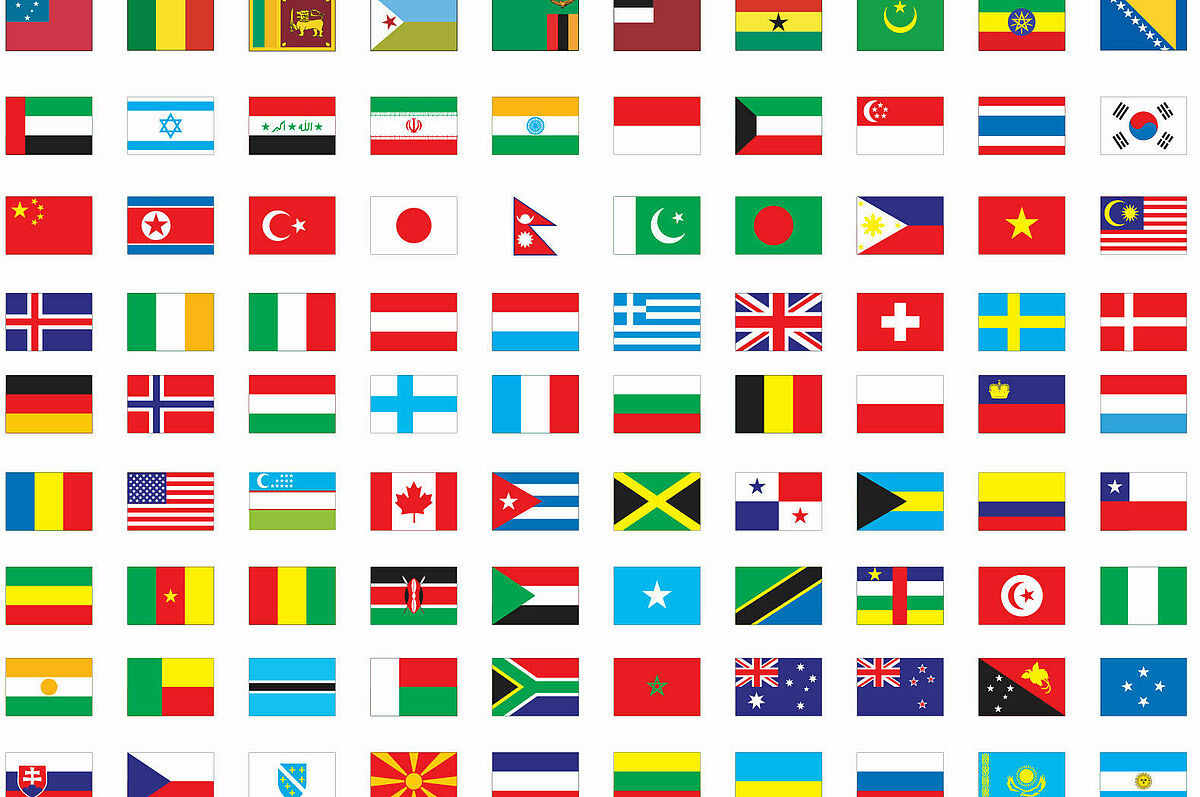
A semester at a university abroad offers not only the opportunity to immerse yourself in a new culture, but also to reflect on your own culture.
You can explore new content and gain a fresh perspective on your field of study.

